Niniaji’s Momo Shop: The Iconic 100-Year Old Tibetan Eatery in Darjeeling

The oldest momo shop in Darjeeling may have changed hands, but the quality and flavours of the momos remain the same.
The blue wooden walls of Niniaji’s momo shop hold a century of memories. This 100-year-old momo shop situated on the ground floor of Rai Building, a residential complex in the heart of Darjeeling town, is one of the oldest momo shops in touristy Darjeeling.
Darjeeling’s Charm and Treasures
Often referred as the ‘Queen of the Hills’ Darjeeling is bustling with domestic and international visitors all year round. This hill is famous for its emerald green tea gardens and UNESCO World Heritage certified Darjeeling Himalayan Railway or toy train, which slowly chugs along on a narrow gauge steam engine from the plains of Siliguri to the 6,700 ft. above sea level situated town of Darjeeling. Besides the high quality tea, you are treated to a panorama of four of the five highest mountains in the world. The small hilly town quietly holds the story of the Tibetan refugee population who have called the hillside home since 1959. And Niniaji’s momo shop is one of the few remaining restaurants of the town owned by a Tibetan refugee family. “Niniaji’s momo shop never had a signboard and it still doesn’t have one,” claims, Mohan Lama, a local journalist and an old timer of the restaurant. “The taste of the momos hasn’t changed much in the restaurant from its earlier days and I feel this helps the shop retain its old customers. People love the wood-fire style of cooking at Niniaji's which has a unique taste,” adds Lama.
The town of Darjeeling, which was set up during the Raj as a summer retreat for the British officers working in the scorching heat of Bengal plains, has grown exponentially in the last few years. Several fast food joints have come up that sell momo and other Tibetan fares like thukpa, shay phalay and tingmo. “Many fancy momo and fast food restaurants with colourful lights and attractive offers have come up in the town to attract tourists, but with no sign boards or any fancy upholstered seating arrangements. Niniaji stands tall in this ‘momo marathon ‘only due to the taste of its momo and its old world charm,” explains Lama.
Niniaji’s Legacy & The Momo-Making Process
The kitchen of Niniaji’s has a dark stain of the fumes accumulated over years from the smoke emitted out of the wood fire oven made of stones and mud. The restaurant uses the same cooking technique that Niniaji, the owner of the shop, used to do since its inception. “Cooking the beef dumplings in a wood fire has retained the taste of momos at Niniaji’s,” said an old timer of the restaurant, Amar Lama, a town based advocate and leader of a political party. Lama has been visiting the shop from his early days of school and loves the soul comforting dumplings served with spicy tomato and chilli chutney and a hot bowl of soup to swallow it down.
Exterior Shot of Niniaji’s
The humble eatery has high profile customers ranging from politicians and lawyers to musicians and writers from Nepal and India. The present Chief Minister of Sikkim, P.S. Golay, is a big fan of the dumplings served here. “Whenever he is in town he calls up for the momos to be delivered at the hotel where he would stay.” said the current owner of the shop Tashi Gaylpo. His father, Nima Norbu, who had come to the hill town from Tibet in the late 1960s, partnered with his sister-in-law Mingma lamu, a Darjeeling resident to buy Niniaji’s momo shop. The duo bought the shop from Niniaji’s son Jayang Bhutia in 1985. Niniaji and her son both guided the Galypo family for the next two months to smoothly take over the already popular momo shop. “Niniaji used to come to the shop very day for around 2 months to teach us her momo recipe and also we retained the old staff, who knew the business well,” added Tashi.
” Everyone used to call her Niniaji and interestingly no one remembers her real name,” Tashi said. Nini refers to father's sister in Newari dialect, while aji is sister in Tibetan. Both the languages are spoken in the hills of Darjeeling. In the early 2000s Niniaji passed away at the age of 98 in the hill town.
Every morning before the humble Niniaji’s momo shop opens up for the world, in the back of the kitchen, maida (all purpose flour) is kneaded to a dough using yeast as a fermenting agent, until the dough doubles in size. This fermentation process helps in getting the soft bouncy texture of the momos. The filling of the minced beef and onion is tightly braided in a round shape, quite different to elongated momos sold in most parts of the country. The dumplings are then steamed in locally made steaming vessels on a wood fire. Three members of the Gaylpo family along with three other staff, who have been working in the shop for the last 20 years, take care of the kitchen and also serve the customers. “Our customers start dropping in by 10.30 in the morning. On a regular day before COVID-19 struck, the world we used to sell around a 1000 momos a day. Now we manage to sell around 600-700 dumplings, Tashi said. Niniaji’s shop has a limited menu consisting of just two dishes: Beef Momo and Beef Thukpa. Four pieces of momo cost Rs 50, and a bowl of thukpa is also priced the same. The restaurant makes its own noodles and dunks it in the beef bone broth with a good sprinkle of minced beef, chopped cilantro and onion.
Niniaji with her sister
Reminiscing about Niniaji, Tashi recalls that she was a strict one. “Back in the day, if her customer would leave one or two momos she would remember that customer, and the next time the customer would visit, she would not serve momos,” the restaurateur said.
The momo shop is still visited by elderly old-timers from the Tibetan community who have been coming here since the days of Niniaji. Most say that the taste of the momo hasn’t changed; the only thing that changed over the years is the price of the dumplings. “We still get octogenarian customers who have eaten momos for 50 paisa per plate when Niniaji used to run the eatery,” laughs Tashi.
It’s been around 36 years since the Galypo family took over Niniaji’s momo shop, and they have no plans to modernise the set up or replace the wood fire with gas stove in near future. The owners feel that there is a certain charm in staying unchanged in a fast-changing world.
Diwash Gahatraj is an independent journalist based in Siliguri. He writes on people, health, food & culture.
ALSO ON THE GOYA JOURNAL
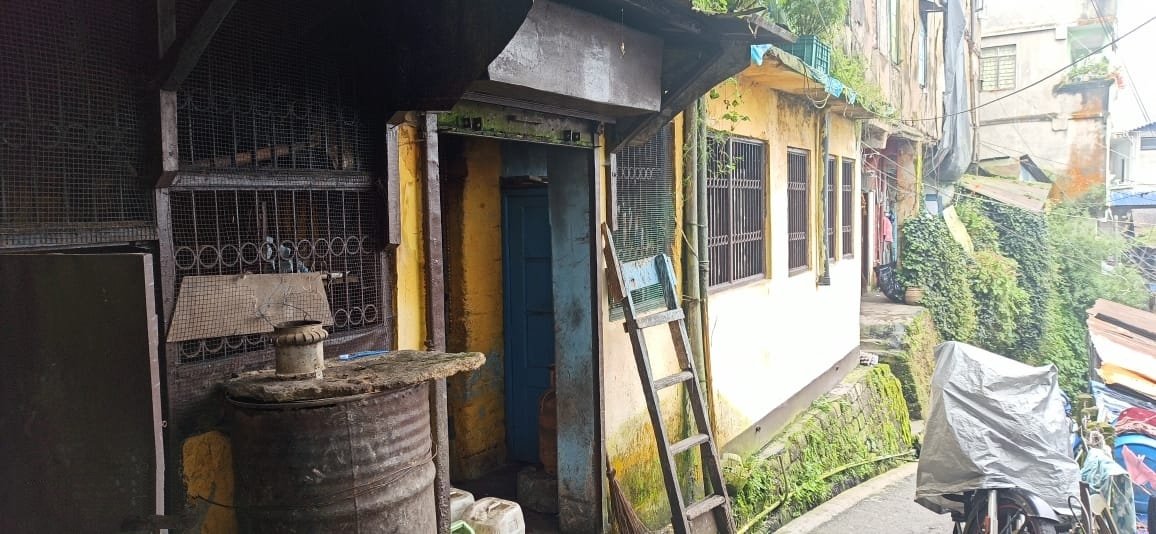

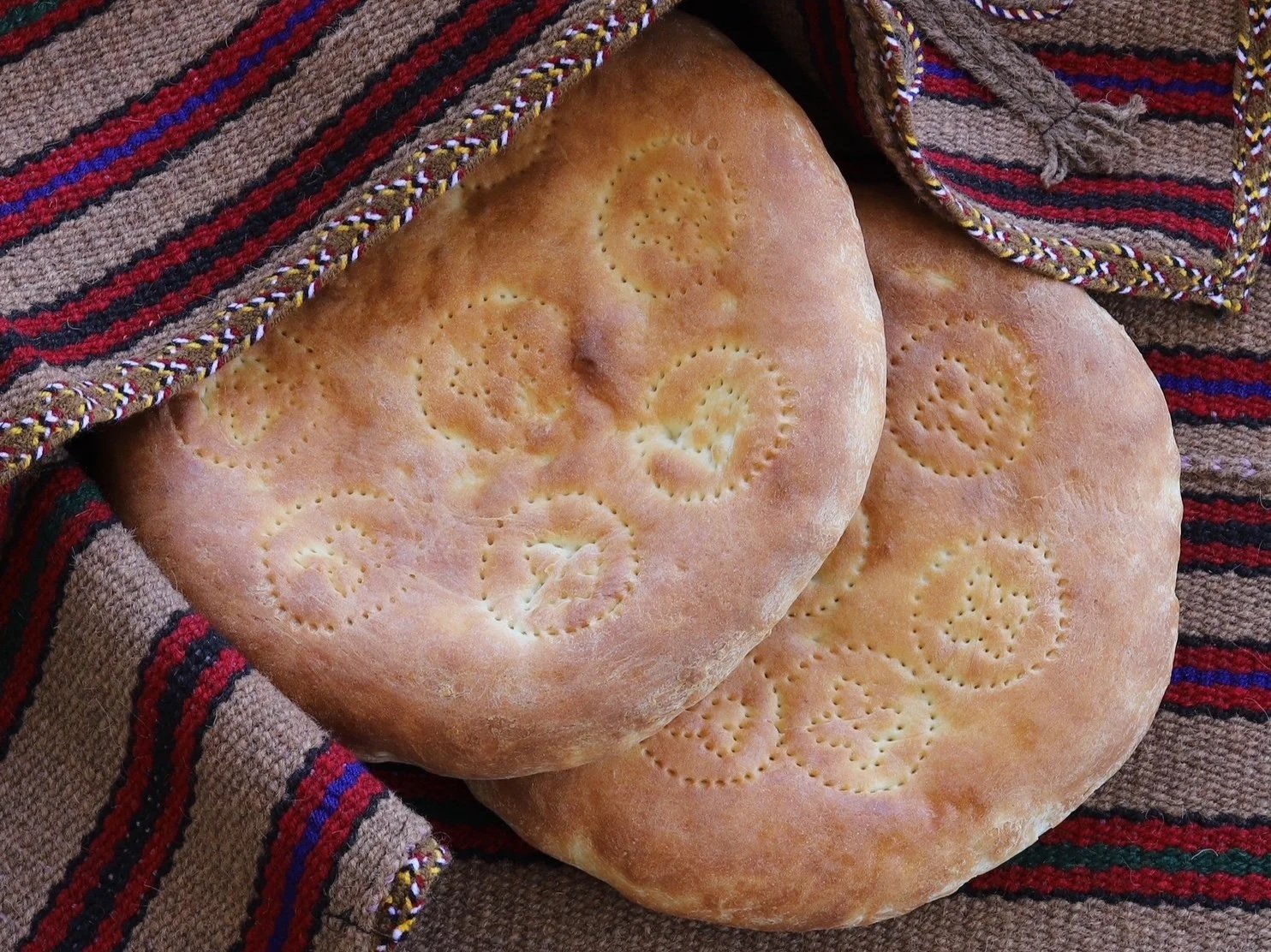
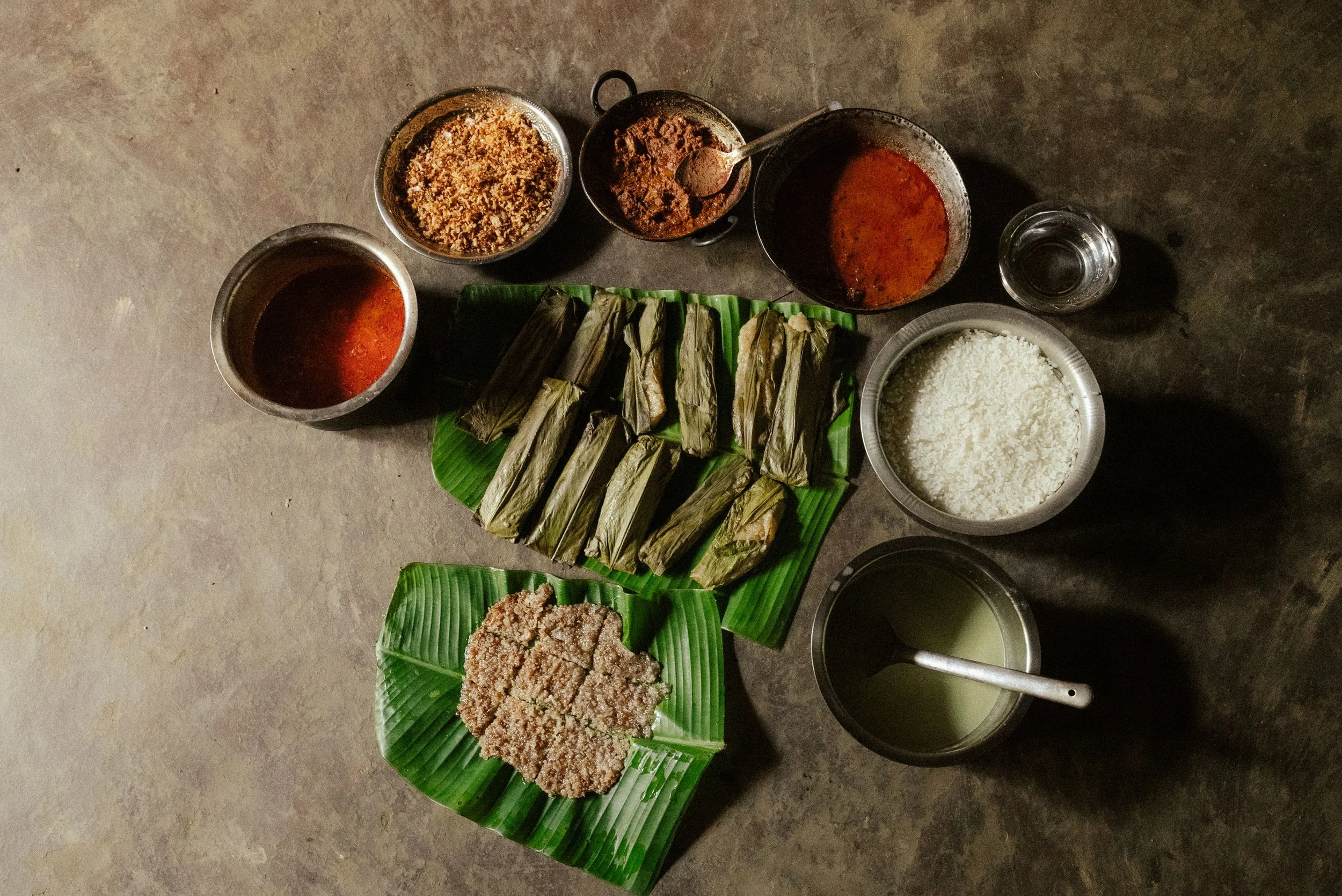
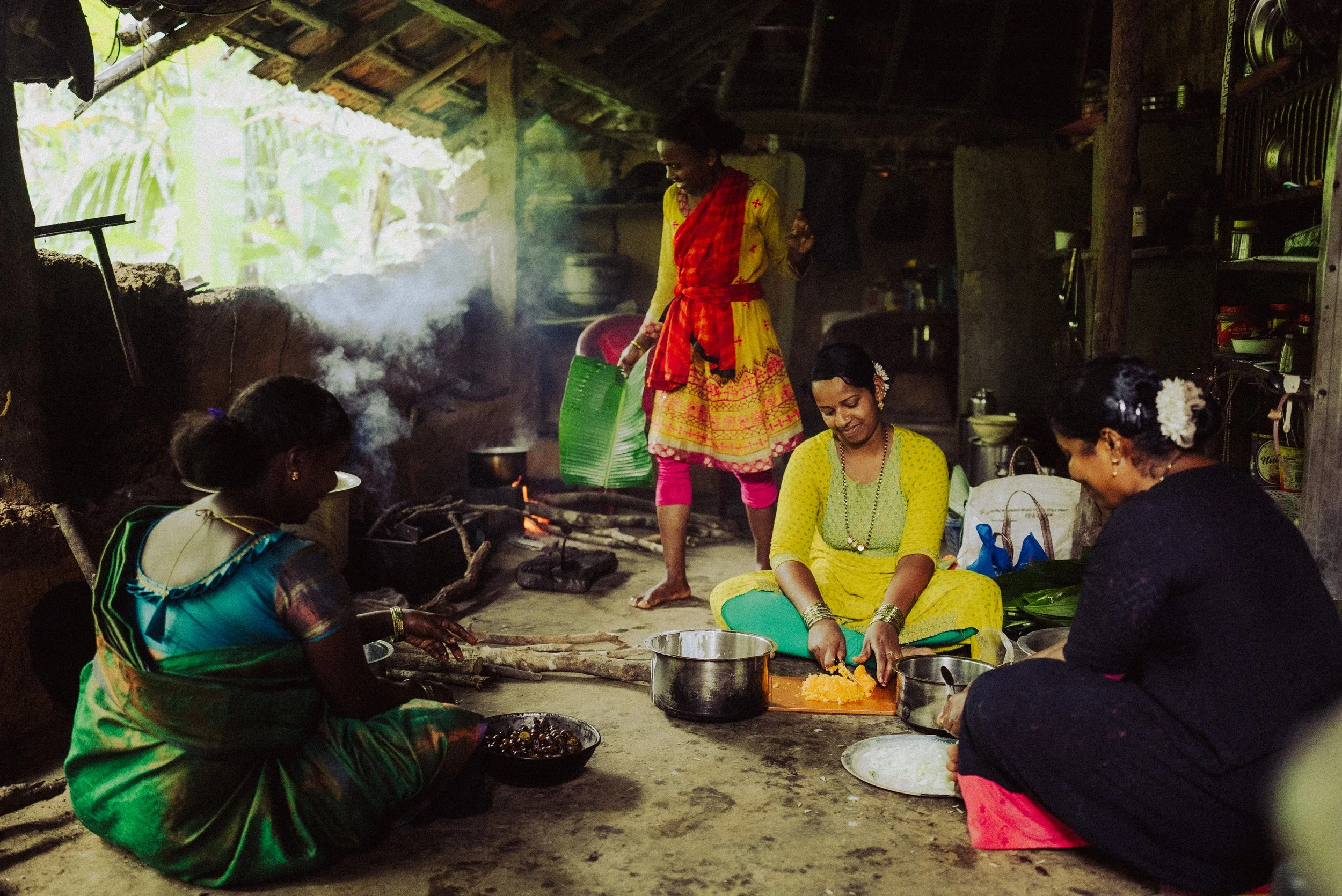
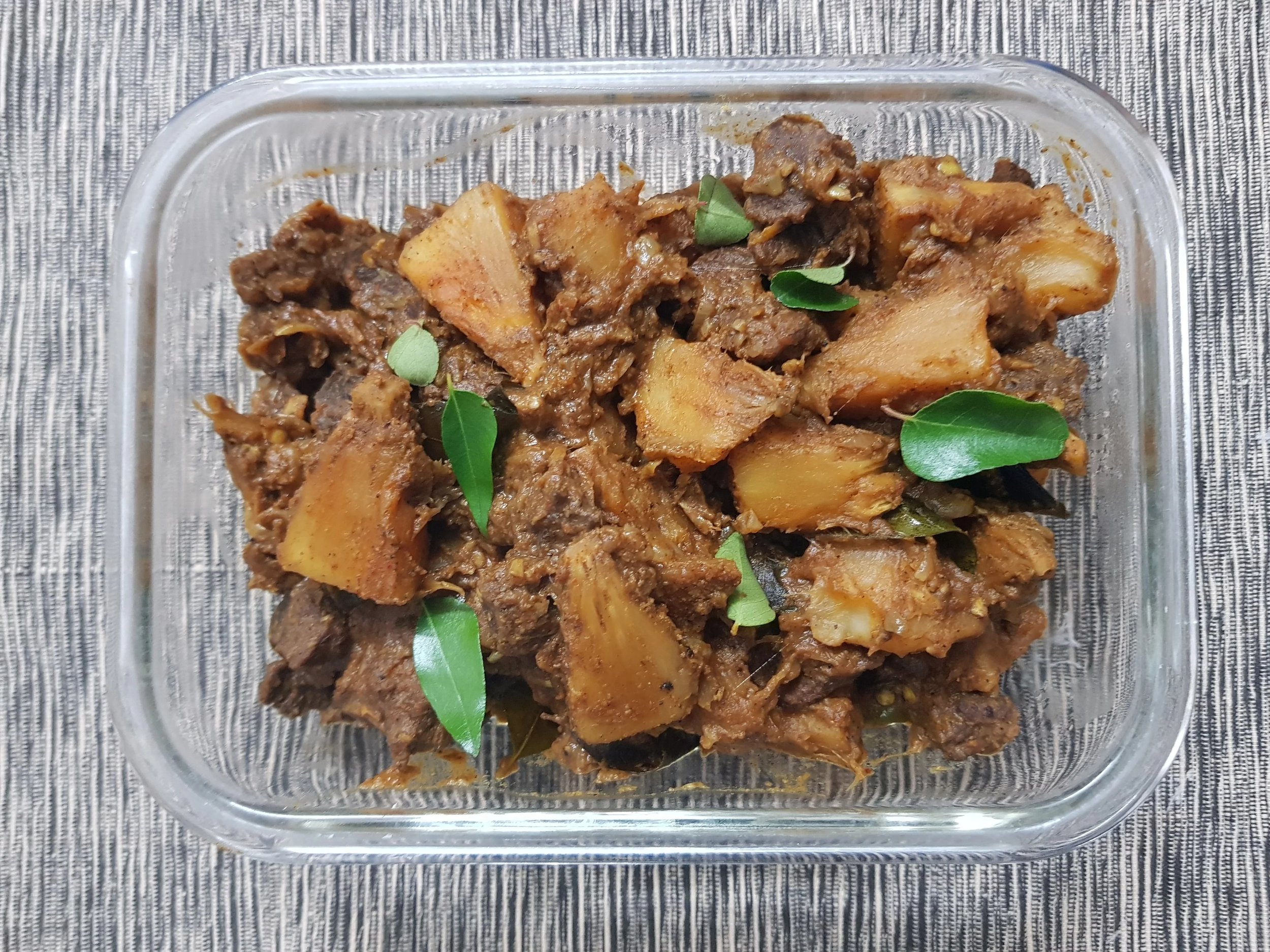
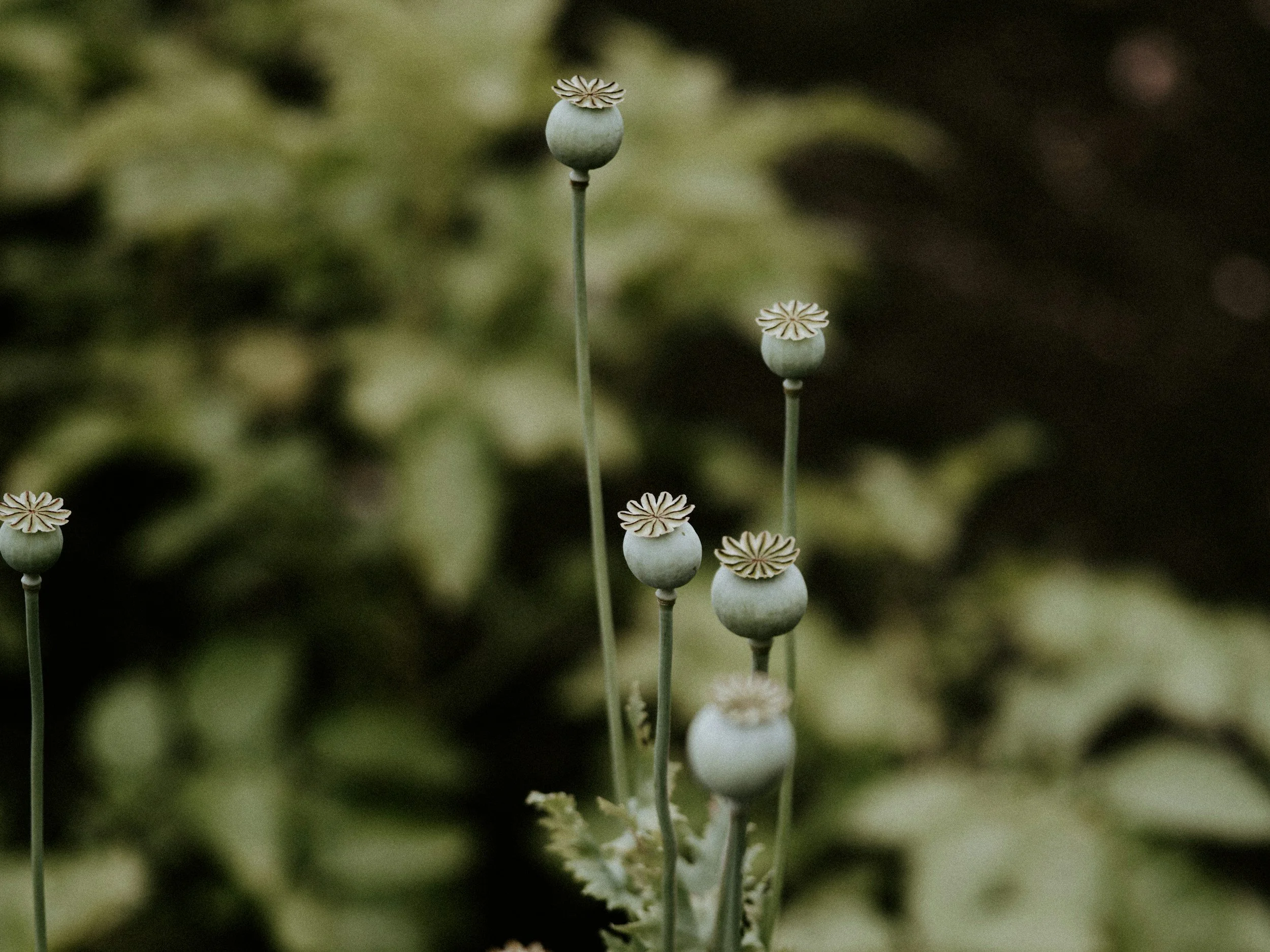
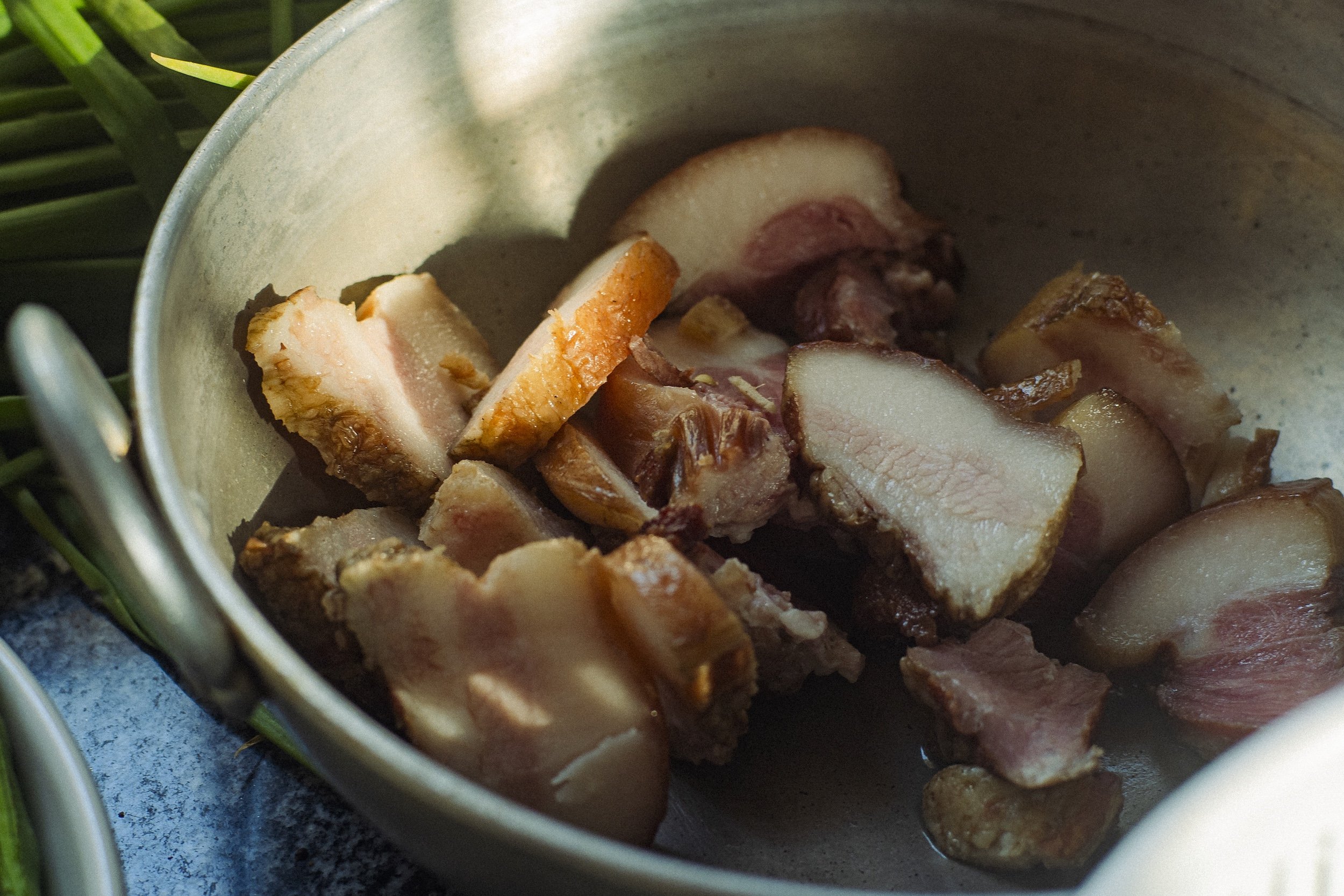
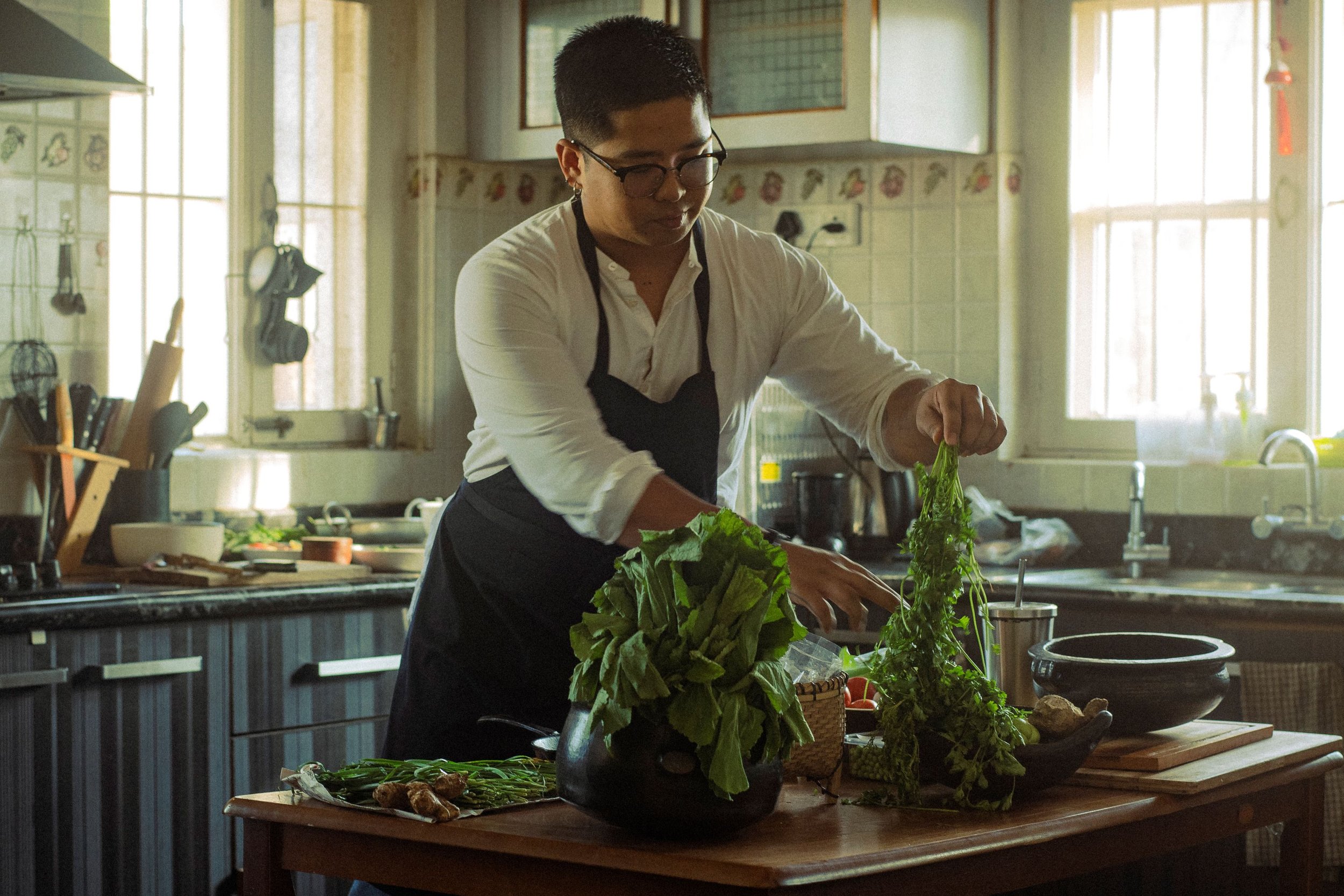
Neo-nomad cuisine at its finest | Terrence Manne